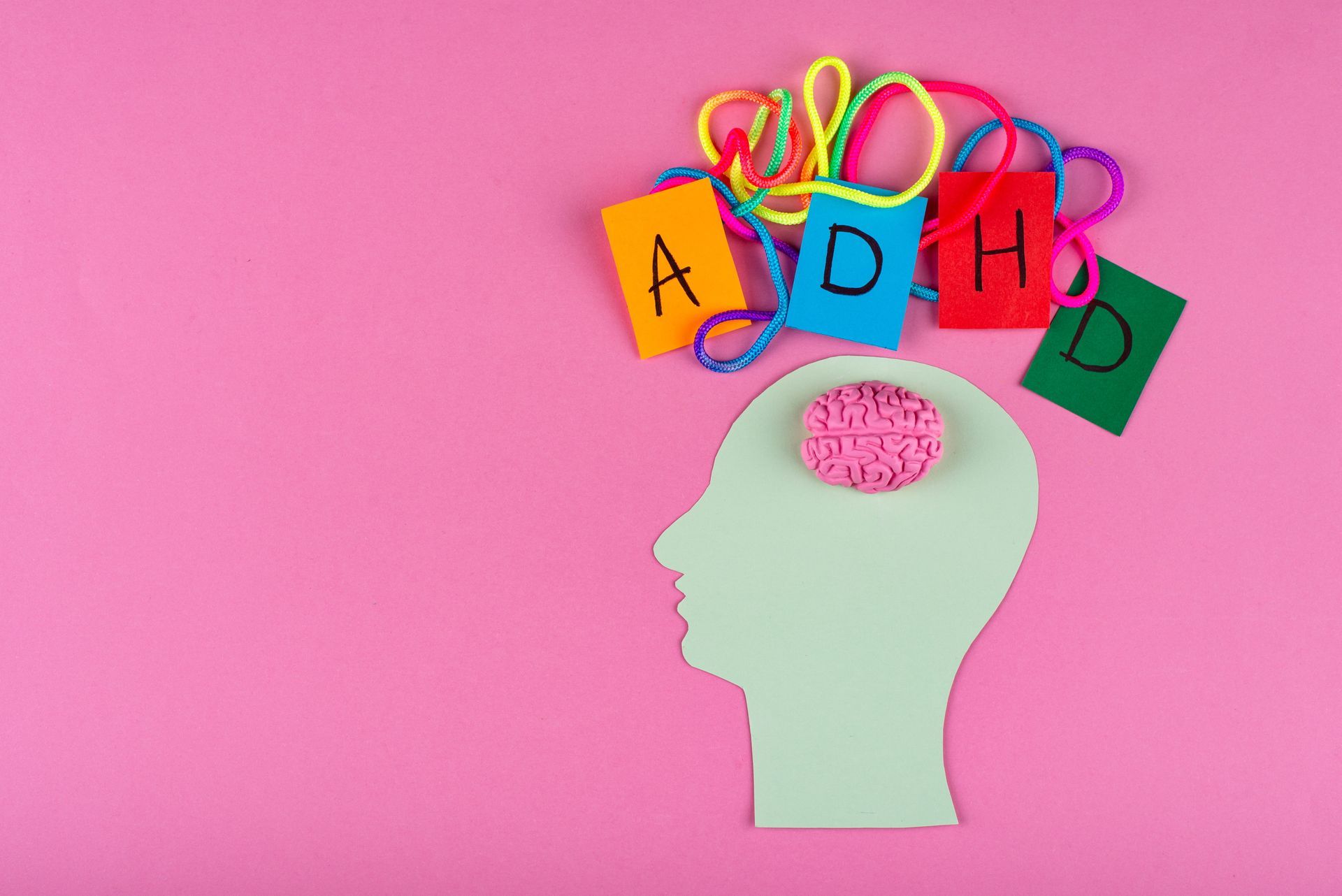Eustress: Can Stress Be Good For Us?

What is “Good Stress”?
In 1974, the endocrinologist Hans Selye created the word “eustress,” combining the Greek prefix “Eu,” meaning good, and the word “stress.” Eustress refers to a type of arousal that is ultimately beneficial for our minds and bodies. While experiencing this type of stress can be challenging, it is manageable, short-lived, and often results in personal achievement or growth.
How Does It Work?
Essentially, when we’re stressed, our brains activate their “fight-or-flight” response. This response is meant to help us in threatening situations, though it can also be evoked by smaller situations. When our fight-or-flight response is activated, the HPA axis (the part of your brain that releases stress hormones) releases a hormone called cortisol. Increased cortisol results in a rapid heart rate, an increase in blood pressure, and more energy in the brain.
So, in certain cases, this stress response can actually be good for us. We might break down this sort of beneficial stress into three categories:
Self-preservation
This refers to emergency situations. Imagine you start crossing the street and a car comes speeding toward you. Immediately, your brain would trigger its fight-or-flight response, and you would most likely jump back onto the sidewalk as fast as you can. Your stress response just saved your life.
Motivation
Stress can be beneficial for us under much less dire circumstances, and in many cases, its effects can be motivating. Suppose you just found out you have a test tomorrow. You will immediately feel a spike in your stress levels, and more likely than not, you’ll be motivated to study hard in the little time you have to prepare. The next day, you will likely perform well on the test. This is because your stress response motivated you to focus deeply and work diligently in order to achieve your desired goal. In fact, the hippocampus (essentially the memory center of your brain) is rich in cortisol receptors, and certain studies have found the presence of a mild stressor when studying for a test can ultimately improve one’s performance. When a short-term situation is high-pressure, our brains rise to the occasion and help us do what we need to do.
Exhilaration
Stress doesn't only arise under unfortunate circumstances! In fact, we experience the same physiological stress response as we might in a negatively-charged stressful scenario. Think about a time you’ve felt excited about an upcoming event, such as the moment you see a friend for the first time after being apart for months. In the moments leading up to this event, you may notice your energy is heightened, you feel jittery, your heart might beat quickly. Some other positively-charged events that evoke a benevolent stress response might include:
- Exercising
- Going on a date
- Traveling to a new destination
- Getting married
- Buying a home
- Riding on a roller coaster
- Learning a new hobby
- Getting a promotion at work
When Does Stress Become a Problem?
There are several key factors that distinguish positive from negative stress (or eustress from distress).
First, although eustress involves feelings of high arousal that can be challenging, these feelings are usually manageable and dissipate after a key event has passed. Unlike eustress, distress often feels overwhelming, and when we are in distress, we may not feel fully in control of our circumstances.
Additionally, eustress can involve feelings of nervousness or frustration, but these feelings are often coupled with happiness or excitement. Conversely, distress is linked to feelings of high anxiety and low self-efficacy.
Finally, eustress is typically short-lived, our brains are not wired to tolerate long-term stress. Chronic stress is what we’re most likely dealing with when we feel overwhelmed, exhausted, anxious, and burnt-out. This type of long-term stress is what is ultimately detrimental to our physical and mental health.
Takeaways
- Eustress is positive stress that can heighten motivation and performance. It is typically short-term, manageable, and linked to exciting or meaningful experiences.
- The same stress response that helps us survive emergencies is what enhance our focus and energy in exciting or goal-oriented situations.
- Eustress differs from distress in that it is motivating rather than overwhelming, often involves some positive emotions, and doesn't last long enough to cause harm to our overall well-being.
Recent Posts










